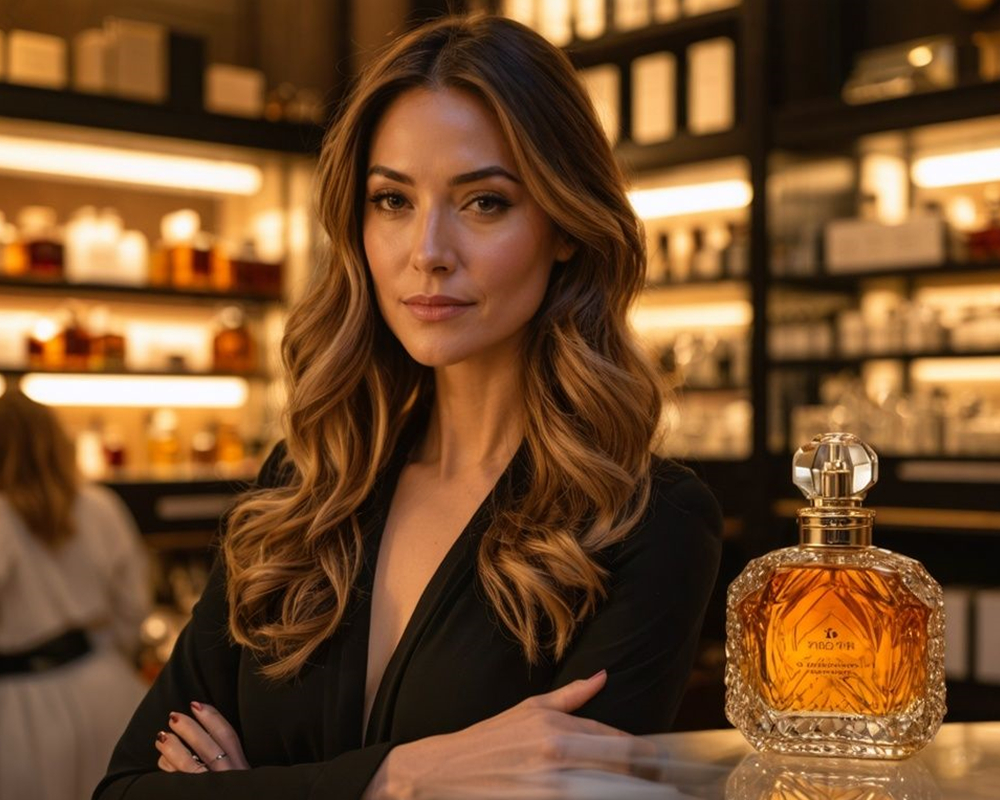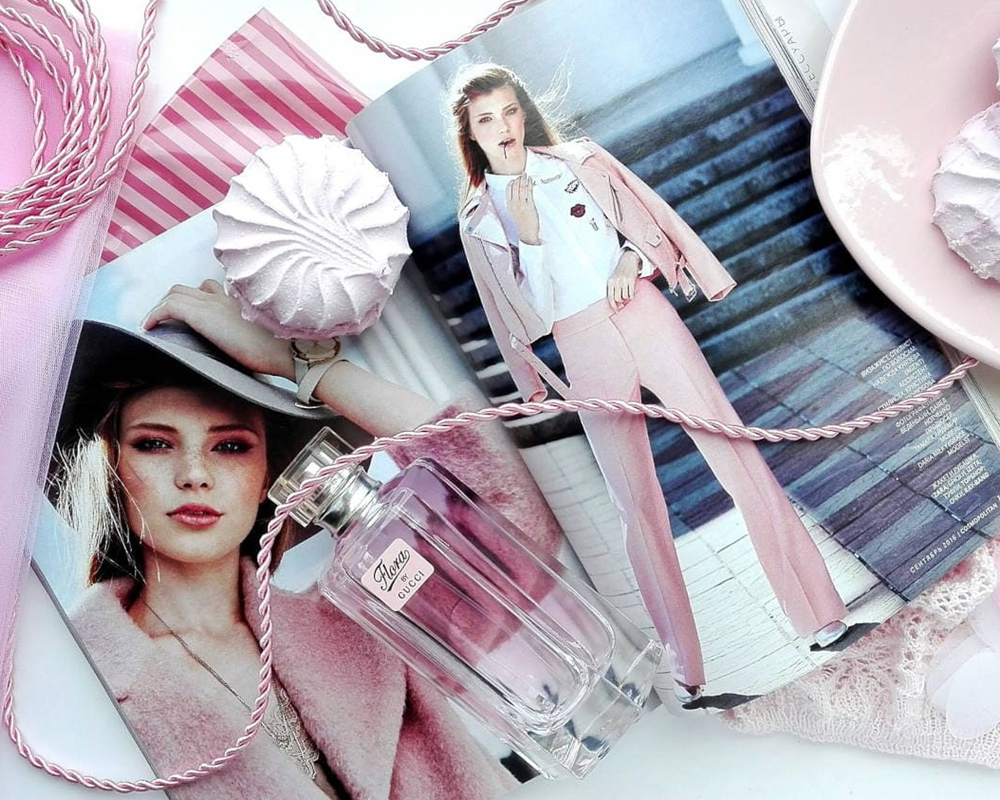The art of perfumery dates back thousands of years, with the earliest records found in Mesopotamia and Egypt. These ancient civilizations crafted fragrances from natural ingredients like flowers, spices, and resins, believing that scents had the power to connect the earthly realm with the divine. Perfumes were not just luxuries; they were integral to rituals, symbolizing purity and spirituality. The rich aromas of myrrh and frankincense filled temples, while personal fragrances were often used to signify status and wealth.
As time progressed, the craft of perfumery evolved. The Renaissance marked a turning point, with the emergence of distillation techniques that allowed for more complex and refined scents. In the 17th century, the French began to dominate the perfume industry, establishing Grasse as the perfume capital of the world. The art of creating fragrances became a sophisticated endeavor, blending science with artistry. Iconic perfumes like Chanel No. 5 emerged, forever changing how fragrance was perceived and marketed.

Today, perfumes are more than just scents; they are an extension of our identities. The choice of fragrance can evoke powerful emotions and memories, often serving as a personal signature. A particular scent can transport us back to cherished moments or evoke feelings of confidence and allure. This emotional connection is why many people consider fragrance a vital part of their daily routines.
The modern perfume industry is a vibrant landscape, characterized by a plethora of options that cater to diverse tastes and preferences. Niche brands have gained popularity, offering unique, artisanal fragrances that challenge traditional norms. Consumers are increasingly seeking personalized experiences, leading to the rise of custom scent creation and layering techniques. This shift reflects a broader trend toward individuality and self-expression in the beauty industry.
Moreover, sustainability has become a significant consideration in perfumery. Many brands are now focusing on eco-friendly practices, using ethically sourced ingredients and sustainable packaging. This shift not only appeals to environmentally conscious consumers but also enhances the overall experience of wearing a fragrance, knowing it aligns with one’s values.
In conclusion, perfumes are much more than mere scents; they encapsulate history, culture, and personal identity. They have the power to evoke emotions, create memories, and express individuality. As the world of perfumery continues to evolve, it remains a captivating realm where art meets science, inviting us to explore the enchanting world of fragrance and its profound impact on our lives.
